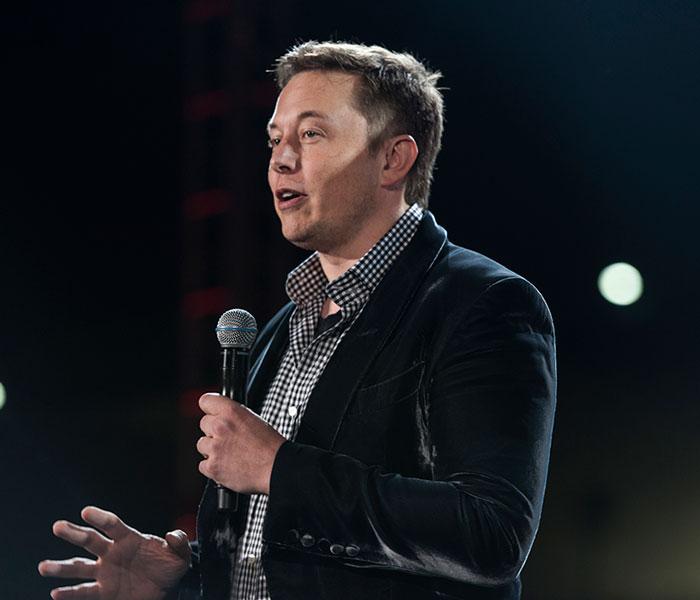At the 2016 State of the Union Address, President Obama announced a commitment to eliminating cancer by 2020. The “moonshot” is to be led by Vice President Joe Biden, who lost his son to a brain tumor last May. In his statement, Biden acknowledges that there are currently many barriers to cancer research and finding a cure. The National Cancer Moonshot will need to come at the problem from many angles in order to be effectual.
Many of the articles I have read about this initiative focus on the insufficiency of the monetary commitment. One billion dollars is a drop-in-the-bucket compared to the multi-billions of dollars spent by the National Cancer Institute and private research organizations. What I think is more valuable about the initiative is the attention it brings to the current processes of drug and disease research.
One aspect of the program would be increased access to data. In Biden’s words, “The science, data, and research results are trapped in silos, preventing faster progress and greater reach to patients.” His remarks remind me of Elon Musk’s rationale for making Tesla’s patents open source. Keeping the information to themselves only slowed their goal of advancing electric vehicle technology. The more people working towards the goal, the more growth in the industry.
The cost of healthcare in the United States is a huge issue, and the idea that red-tape and private interests complicate and impede research isn’t a new one. Drug trials take a lot of time and cash to complete. $75 million of the Moonshot funds are to go toward the development of an Oncology Center of Excellence. A part of the U.S. Food and Drug Administration, the Oncology Center of Excellence would promote collaboration and expedited review of oncology-related tests and products.
The National Cancer Moonshot is a lofty goal, and that’s exactly why it’s called a moonshot. Achieving the goal of eliminating cancer will require time, money, and failures, along with its successes. In reality, curing cancer is more than a moonshot—more challenging than landing on the moon.
In the words of John F. Kennedy, “We choose to go to the moon in this decade and do the other things, not because they are easy, but because they are hard; because that goal will serve to organize and measure the best of our energies and skills, because that challenge is one that we are willing to accept, one we are unwilling to postpone, and one we intend to win.”






